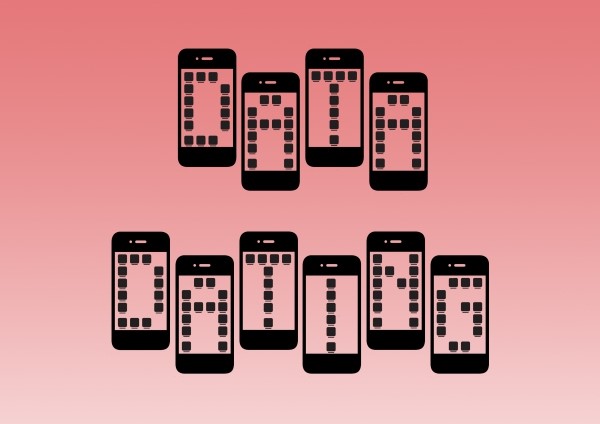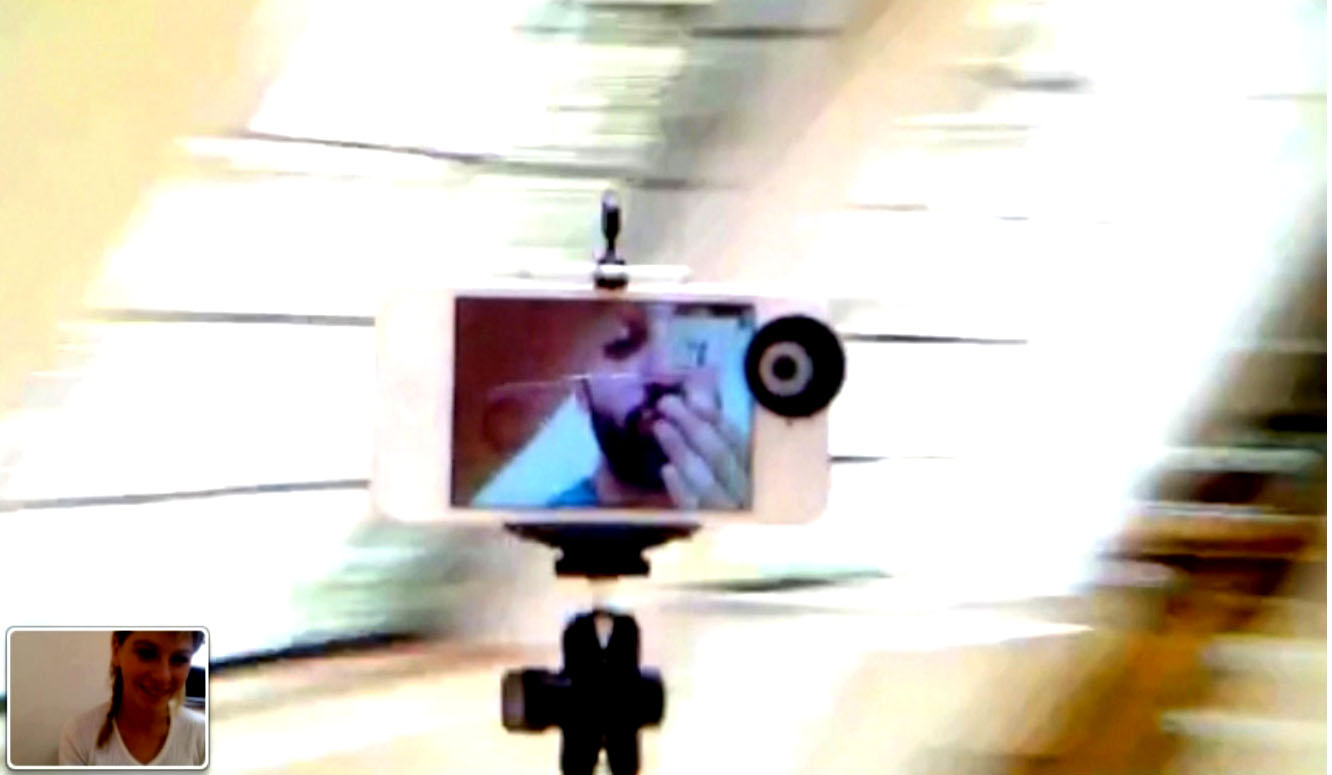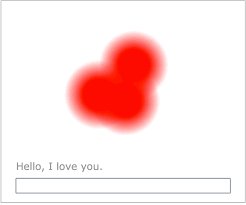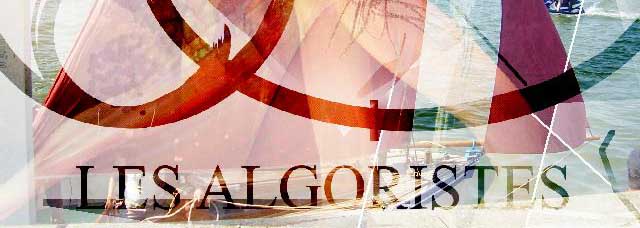
Data Dating at Charlot's
(Revised on May 26).
May. 17 - Jul. 7, 2018. Paris More
info. Diccan's posts about Charlot
Gallery. The full catalog (PDF, courtesy of Galerie
Charlot).
Artists in the Group show : !Mediengruppe
Bitnik, Adam Basanta, Olga
Fedorova, Zach Gage, Tom
Galle, Pablo Garcia, Thomas
Israël, Moises Sanabria,
Antoine Schmitt, Jeroen
van Loon, Addie Wagenknecht, John
Yuyi
The curator's presentation
"What does it mean to love in the Internet age? How are digital interfaces
reshaping our personal relationships? What do new technologies imply for the
future of the romantic sphere? How do screens affect our sexual intimacy? Are
the new means of connection shifting the old paradigms of adult life?
"By bringing together the work of several international artists, the
exhibition attempts to explore new directions in modern romance: new forms of
intimate communication, the process of commodification of love through online
dating services and hookup applications, unprecedented meeting and mating behaviors,
the renegotiation of sexual identities, and changing erotic mores and taboos."
Our impressions
As in other shows (see our posts ), Valentina Peri and Galerie Charlot dare
to design innovative shows, be it by the topic, the change of media, the call
to new artists or a the whole event organization.

Basanta: Magical !
From a technical creativity standpoint, note mainly A truly Magical Moment
(2016), by Adam Basanta. This Interactive kinetic sculpture combines two iPhones
4S, selfie sticks, aluminum, electronics, bluetooth chips, and FaceTime video
chat software. Two lovers in the middle of the dance floor. They link arms and
begin to spin. The room blurs as they stare deep into each other’s
eyes.
Two pieces use a network of connected screens, with quite complex software monitoring,
- Kill your darlings (2012) by Jeroen Van Loon, with 97 small LCD screens.
It reminds the Video
Mount (2013) of Pya Myrvold, but goes farther, including staging violence
(but due to the size of each screen, to get the message requires attention),
contradicting the the global glamour heart shape.
-Ashley Madison Angels at Work in Paris (2018) by Mediengruppe
Bitnik. Technically, it is only recorded video, but the group staging of
the screens, and the rosy ligh around deep in the Charlot's bring a strong message,
here with a whistle blower coup. Let's quote the curator : "Ashley
Madison Angels at Work is part of a series of works researching Ashley Madison,
a Canadian online dating service marketed worldwide to married people seeking
an affair. In July and August 2015, an anonymous group called «The Impact
Team» stole and released all of Ashley Madison’s internal data –
including the entire website code and functionality, customer data and the CEO’s
emails. The data breach revealed that - with a disproportionate number of male
subscribers and virtually no human women on the site - Ashley Madison had created
an army of 75,000 female chatbots to draw the 32 million male users into (costly)
conversations".
Our feelings
Dealing with love through Internet is quite bold indeed. Social networks bring
violence along with liberty. And pornographic sites spoil the scene early in
kids life. Then artists
- either are paid by the system (for instance the Hollywood giants, for example
Disney's Wall.E) to paint everyting in rose and blue, or worse, to
lure users onto dangerous tracks.
- or they engage themselves and fight to show the dark side of web love.

Schmitt's Deep Love : Test it on line.
The latter is clearly the main line of this show. Up to voluntarily present a degraded image of computer interactivity, as does Antoine Schmitt with Deep Love (2017). One could find that quite misleading. Schmitt is a seasoned computer professional and could have designed a clever and sweet dialog. Such a work may indeed hide the real threat of today's computers: their algorithms are not too dumb but too clever. Chatbots can go very far before beeing detected as such, with the possible trauma of disillusion.
Schmitt aims to give expression to a high
brow speculation about transhumans. We doubt that the spectactors will conclude
anything else than "Computers are stupid" (Just click on the image
on right to make your own opinion). By contrat, as early as 1963, Joseph
Weizenbaum created Eliza, simulating a psychologist. More sophisticated
than Deep Love... but dangerous for this reason itself. He later recognized
the dangers and concentrated on social issues.
Have we to regret the supposedly happy times when the Greek sculpted Venuses,
when Botticelli painted her birth, when Rodin, Modigliani, Matisse and even
Picassso at times, charmed us with happy images of love? It's quite disputable,
and so more so from the women standpoint.
At least does the Valentina's show focus, straight on when you enter the gallery,
on the philosophical but nevertheless sweet Truly Magical Moment. Beware,
but nevertheless, enjoy !
Pierre Berger

